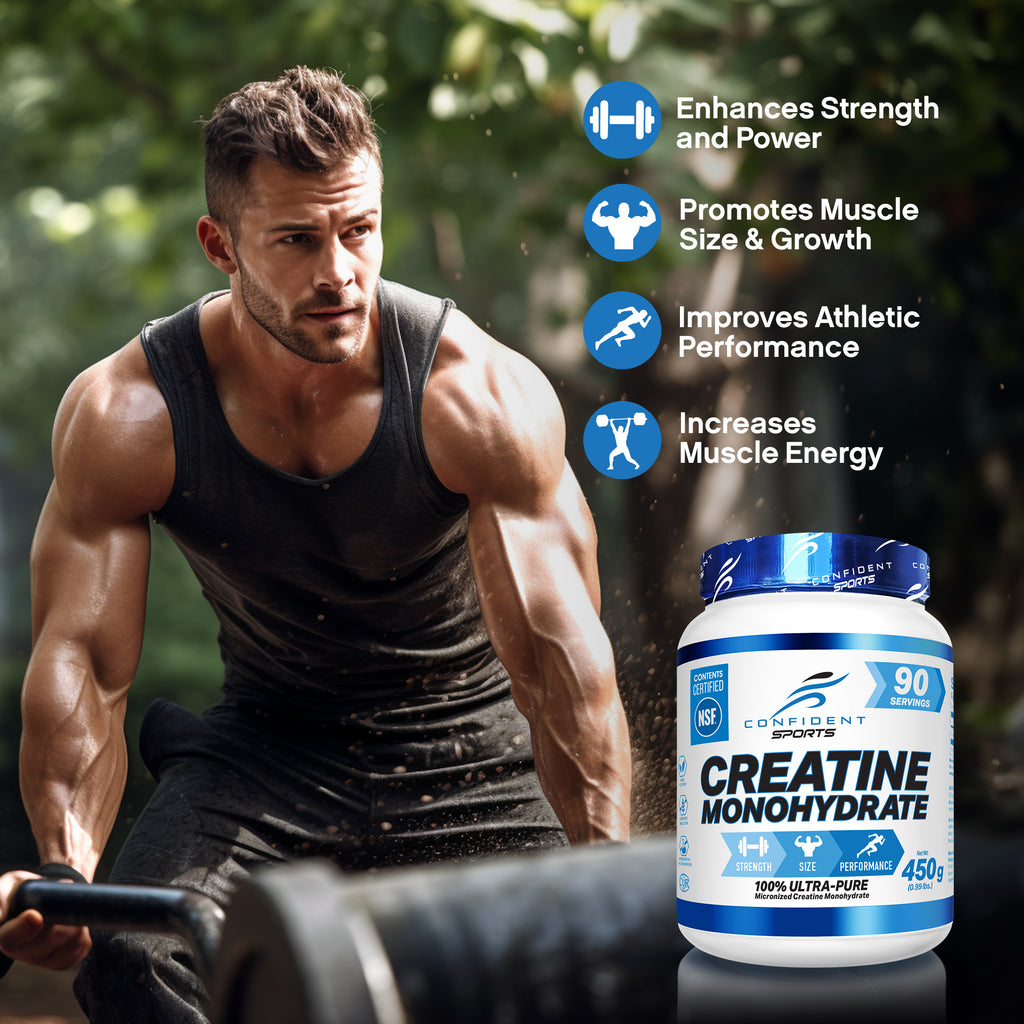The Creatine Monohydrate Diaries
Table of ContentsLittle Known Facts About Creatine Monohydrate.The Creatine Monohydrate StatementsThe Definitive Guide for Creatine Monohydrate
The writers recognize a risk of bias with the research styles due to a requirement for even more quality over randomization with almost all research studies included. Just three of the nineteen researches thoroughly described the evaluation of VO2 max.
This differs from professional athlete to professional athlete. If weight gain with fluid retention is a concern, quit taking creatine 1-2 weeks prior to competing to counter liquid retention while maintaining boosted creatine stores. Some people experience intestinal pain when taking creatine, such as bloating, cramping, or looseness of the bowels. It is very important to note that not every person experiences stomach distress while taking creatine, and it can frequently be taken care of by changing the dosage or taking it with meals, as detailed by the International Society of Sports Nutrition.
It's suggested to use it in powder type. Concerns about the long-term results of creatine monohydrate supplementation on kidney (kidney) feature have been elevated. Researches done by the International Culture of Sports Nutrition and Sports Medicine program that short-term and long-lasting use creatine monohydrate within suggested does doesn't take the chance of renal function in healthy and balanced people.
Creatine Monohydrate Fundamentals Explained
None of the researches explored triathletes. The adverse impacts reported in the researches associated with weight gain. As discussed, many of the researches utilized see this a higher-dose loading procedure (20g+/ day) in a short period that can be balanced out and stayed clear of through a reduced dose (such read the full info here as 5g/day) for an extended period.

Let's look at the major benefits of creatine monohydrate. There is solid, reliable research study revealing that creatine improves health and wellness.
The majority of creatine is saved in the skeletal muscular tissues in a form known
as phosphocreatine, or creatine phosphate. Creatine help in the manufacturing of adenosine triphosphate, or ATP. Also if they never ever lifted a weights, they would certainly still benefit from creatine see here now supplementation.